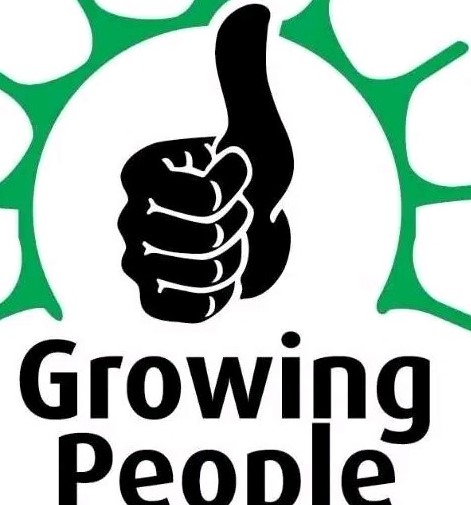Clean Energy
Modern society depends on reliable and affordable energy services to function smoothly and to develop equitably. A well-established energy system supports all sectors from medicine and education to agriculture, infrastructure, communications and high-technology. Intensive development patterns have historically relied on inexpensive and energy-dense fossil fuels, which also happen to be the primary source of greenhouse gas emissions contributing to climate change. However, new, clean technologies are available that can reorient development along a more sustainable trajectory.
Business can accelerate the transition to an affordable, reliable and sustainable energy system by investing in renewable energy resources, prioritizing energy efficient practices, and adopting clean energy technologies and infrastructure. Also, with investment in R&D, businesses can innovate and pioneer new technologies that change the status quo of the global energy system, becoming the center of climate change solution.
In order to effectively address the challenges in the energy sector in response to the emerging needs and in line with United Nations (UN) Development Goal (SDG)7 ; ensure universal access to affordable, reliable, and modern energy services


In our quest to promote sustainable energy for economic development and well-being among citizens in marginalized counties in Kenya, Tujikaze Humanitarian Programme appreciates the importance of citizen’s education on adopting modern technologies on renewable energy that is free from greenhouse gases. THUMP is a strong and locally well-grounded organization and is committed to collaboration with other stakeholders on adoption of sustainable green environment methods i.e., use of renewable sources of energy, environmental education, human rights, poverty eradication and mitigation to the effects of climate change risks.
Majority of regions in Kenya, residents are disadvantaged because of key inadequate development of sustainable and reliable energy. Specifically, this campaign aims at transforming smallholder subsistence farmers by:
- Increasing the productivity, profitability, commercialization, and competitiveness of agricultural commodities
- Developing and managing key factors of production, particularly land, water and rural finance. The poor especially women and youth tend to systematically lack access to food, education, health and other services, receive low quality services and have a weaker voice in decision making.
One of the principal ways in which sustainable food production can be realized is by ensuring a context that promotes equality in all aspects of agricultural production and profitability: participation, access, support and community collaborations. Sustainable food production and profitability in agriculture is the goal that ensures marginalized groups regardless of sex or gender receive improved livelihoods and reduced vulnerabilities of targeted rural communities to attain their full potential in the society. Attaining this goal is an uphill task due to persisting disparities in attainment of sustainable food production and profitability.
